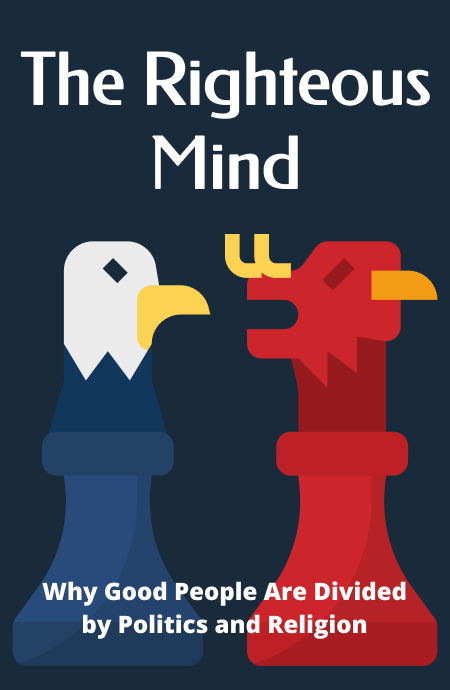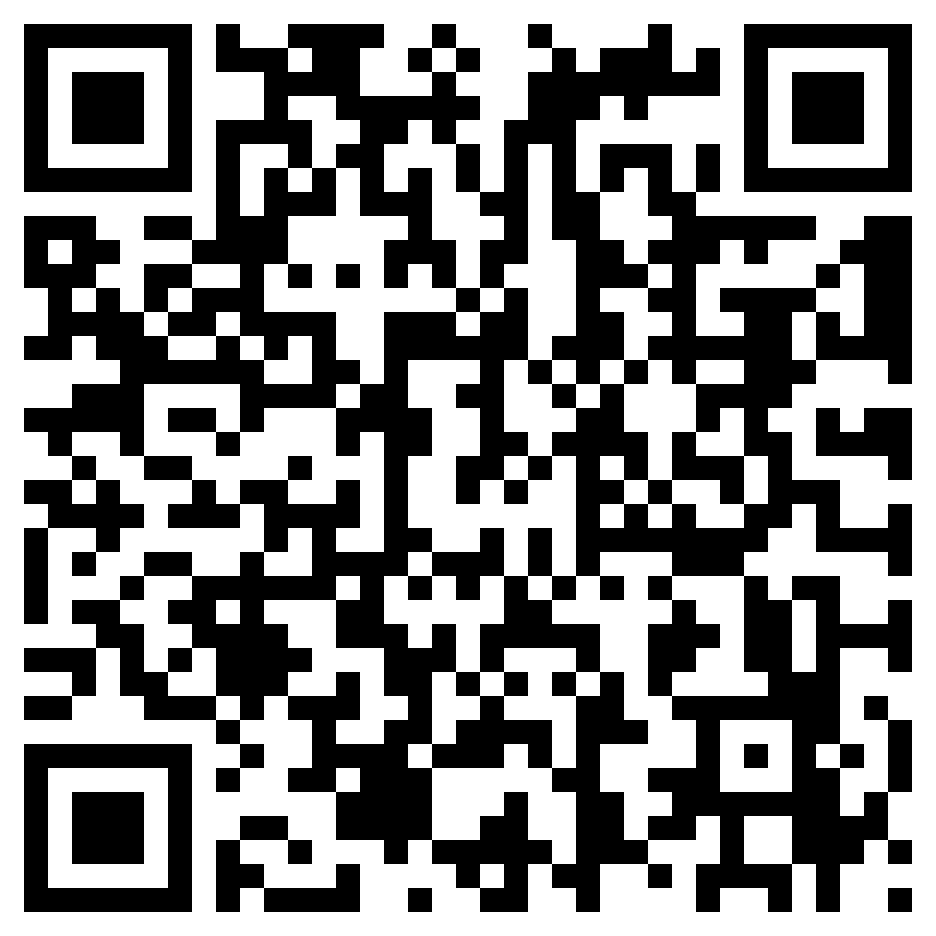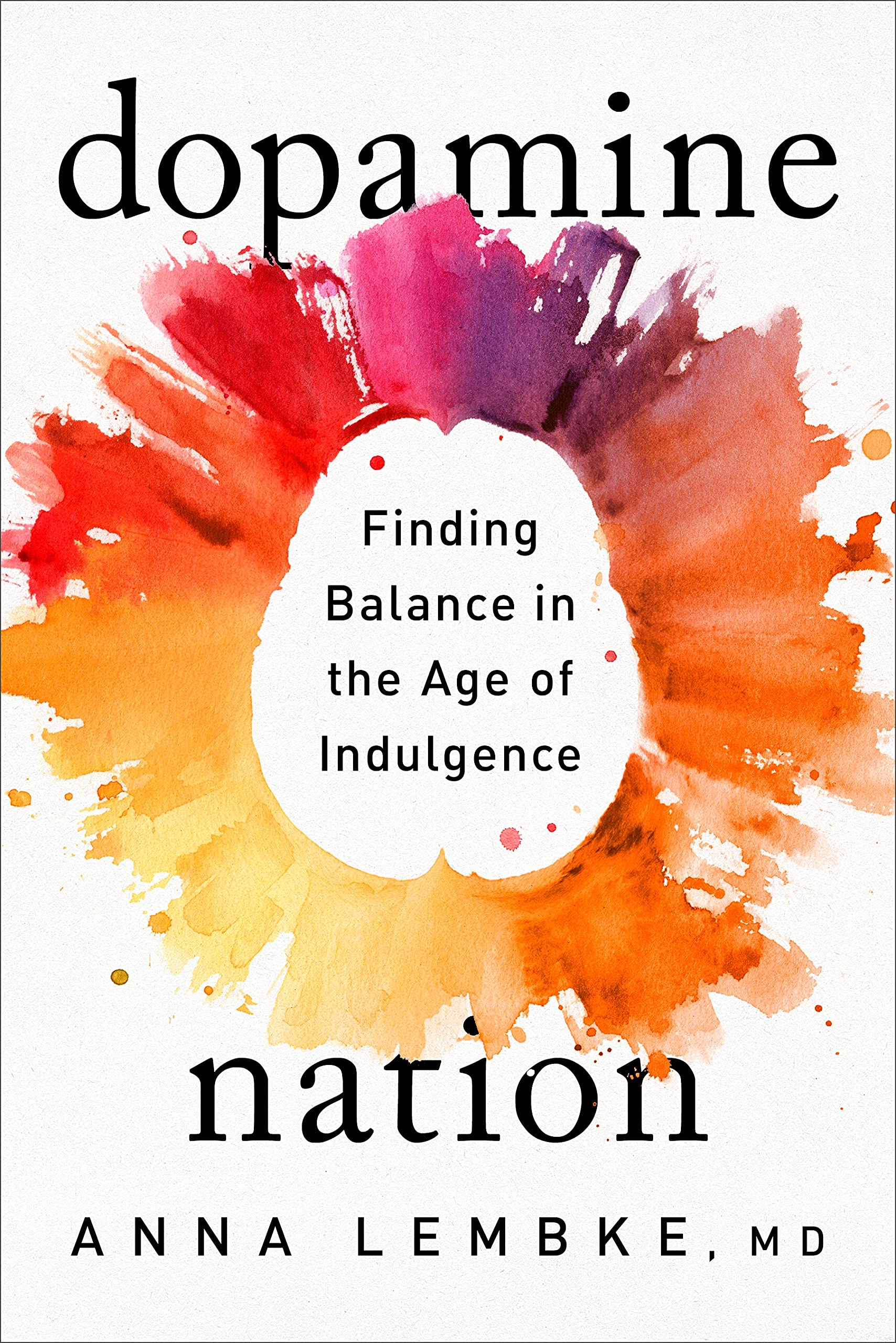Lesson 1. Introduction.
Although religion and morality were meant to bind people irrespective of any differences, it has more often blinded us. Politics too is not far behind.
In the book, “The Righteous Mind”, the author asserts that our minds are designed to be judgmental and self-righteous about things. It is more important for politics and religion to ensure justice and equality. But unfortunately, they have become a means for authority for a few people.
Is it possible for religion and politics to bind people together, instead of dividing them over trivial issues? In this book, the author, Jonathan Haidt, attempts to answer just that.
He uses research to demonstrate social intuitionism and how people's beliefs come primarily from their intuitions. Rational thoughts often come after to justify initial beliefs.
He also presents moral foundations theory and applies it to the political beliefs of liberals and conservatives in the US. Haidt argues that people are too quick to denigrate other points of view without giving those views enough consideration.
They often attempt to reach common ground between liberals and conservatives. He asserts that morality has multiple foundations. He takes the help of the research findings of other anthropologists, historians, and psychologists to draw a map of morality.
Jonathan, also, examines the origins of morality, overturning the view that evolution made us fundamentally selfish creatures. He believes that our group forming tendencies lead to our greatest joys, religious divisions, and political affiliations.
Lesson 2. Intuitions are followed by Reasoning.
When making moral decisions, intuitions come first and reasoning second. Philosophers like Plato and Immanuel Kant believed that humans achieve morality when reason regulates passions.
However, research by many evolutionary biologists suggests that people use reason to justify prior moral intuitions. People do not exclusively use reason to reach moral conclusions. Rather, they have moral intuitions and attempt to use reason to justify them.
Simply put, intuitions are the 'gut feelings’ that help people in decision making. For example, assume that a few children are shown a cartoon show of two characters. Between the characters, one is mean and the other is kind.
When asked about their interest, almost all the children would choose the kind one. This is because, even when the subject is unable to reason, morality is prompted by intuitions.
The same theory applies to adults as well. When an initial judgment is made, we use reasoning to defend our decisions. We don’t go on finding reasons to reject our judgments.
Also, research shows that primitive and intuitional judgments are
Unlock Knowledge with Wizdom App
Explore a world of insights and wisdom at your fingertips with the Wizdom app.
 1 Million+ App Download
1 Million+ App Download  4.9App Store Rating
4.9App Store Rating 5000+Summaries & Podcasts
5000+Summaries & Podcasts
Reviews for Summary of The Righteous Mind
Unlock The Righteous Mind Lessons!

- Lesson 1. Introduction.
- Lesson 2. Intuitions are followed by Reasoning.
- Lesson 3. Self Interest influences Moral Reasoning.
- Lesson 4. Moral Intuitions.
- Lesson 5. WEIRD people emphasize Individualism.
- Lesson 6. Religion is a helpful evolutionary adaptation.
- Lesson 7. Natural selection can occur between groups.
FAQs
In the summary of The Righteous Mind book, there are 7 key lessons. These lessons include:
- Lesson 1. Introduction.
- Lesson 2. Intuitions are followed by Reasoning.
- Lesson 3. Self Interest influences Moral Reasoning.
- Lesson 4. Moral Intuitions.
- Lesson 5. WEIRD people emphasize Individualism.
- Lesson 6. Religion is a helpful evolutionary adaptation.
- Lesson 7. Natural selection can occur between groups.







